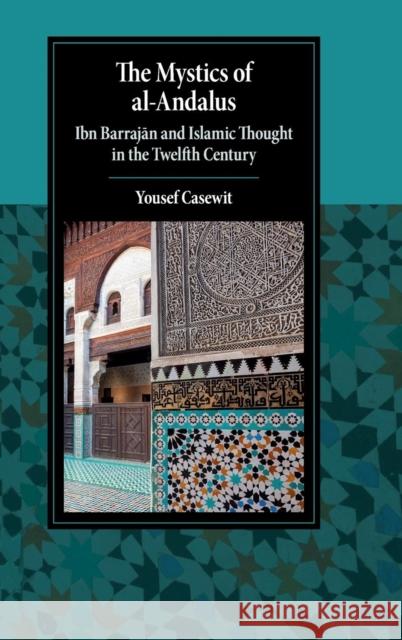The Mystics of Al-Andalus: Ibn Barrajān and Islamic Thought in the Twelfth Century » książka
topmenu
The Mystics of Al-Andalus: Ibn Barrajān and Islamic Thought in the Twelfth Century
ISBN-13: 9781107184671 / Angielski / Twarda / 2017 / 372 str.
The Mystics of Al-Andalus: Ibn Barrajān and Islamic Thought in the Twelfth Century
ISBN-13: 9781107184671 / Angielski / Twarda / 2017 / 372 str.
cena 573,53
(netto: 546,22 VAT: 5%)
Najniższa cena z 30 dni: 564,19
(netto: 546,22 VAT: 5%)
Najniższa cena z 30 dni: 564,19
Termin realizacji zamówienia:
ok. 22 dni roboczych.
ok. 22 dni roboczych.
Darmowa dostawa!
A study of the writings of Ibn Barrajan, an influential pioneer of intellectual mysticism in the Muslim West.











